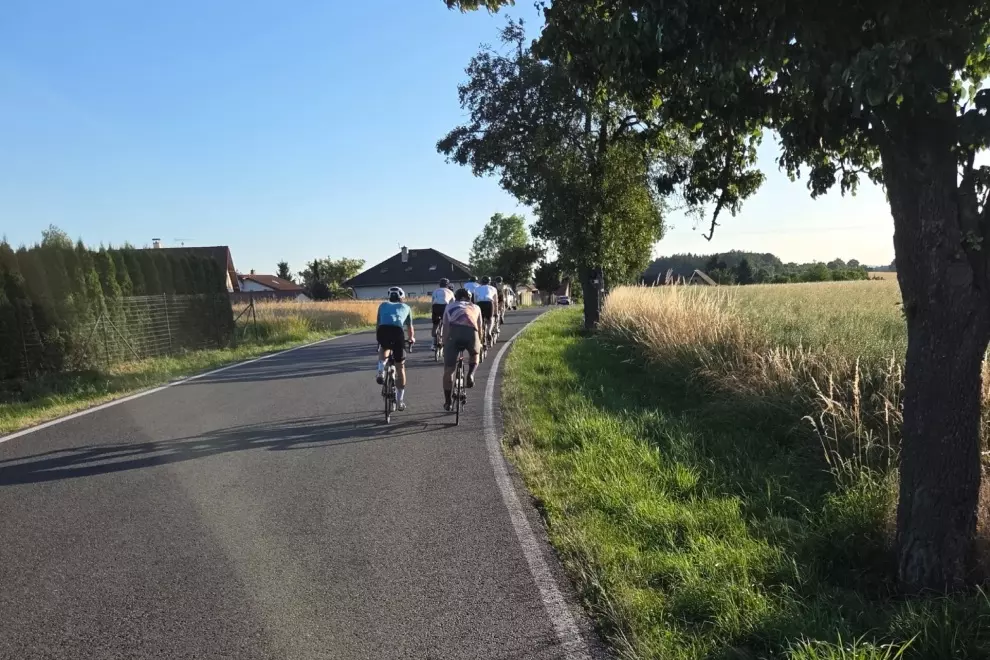The idea is to reduce waste, because we are globally standing up to our hips in our own garbage. Our oceans are choked with trash and our cities are surrounded by landfills with mountains of trash.
So it makes sense that there is also a movement to save the world from old, rejected bikes – in other words, bike recycling, such as New York City, Recycle-A-Bicycle (RAB). Not only does this organization refurbish bicycles that would otherwise be thrown in the trash, but it employs young people to renew the two-wheelers for their own use or for sale.
https://www.instagram.com/p/B8jqykVpels/
RAB is a not-for-profit outfit. All the bicycles are donated and the revenue from their sale is used for the youth education programs run by the group’s parent organization, Bike New York.
As the group says on its website, “On average, RAB salvaged 1,800 bicycles each year from the waste stream, diverting a total of 45,000 pounds (about 20,412 kg) of waste from NYC’s landfills.” That is a lot of potential garbage.
The UK’s Re-Cycle’s model is similar – but different. It accepts used bikes and sends them to four partner organizations in Africa, in four different countries, which repair, distribute and maintain them. It also sends spare parts and tools for free, which are sold there (as are the bikes) at a fraction of market value.
https://www.instagram.com/p/ByVJEUrFfxZ/
This leads to a number of positive outcomes, such as affordable transportation for local communities, the use of the income from the sale of the bikes to fund social enterprises and local employment and skill development and, of course, fewer bikes on the trash heap.
As Re-Cycles declares on its website, “The ethos behind our work is sustainability.”
That must also be true for Al Schroader, otherwise known as “Bike Man.” The Illinois pensioner has saved more than 3,000 bikes from being tossed onto landfills – and thereby saved the world from more than 3,000 bikes worth of trash – and given the refurbished two-wheelers to people who need them.
“When I receive a bike,” he says, “many times there are parts missing and other issues, such as tyres, and I have to determine if it’s salvageable or not. Every bike has a story.”
Though he was featured on ABC News, Schroader doesn’t want to be considered special. “We’re just so appreciative that people are being helped,” he says.
There are bike recycling shops and organizations all over the world. They often have the word rescue in their name, such as Electric City Bike Rescue, in Schenectady, New York, which is a volunteer program that repairs and redistributes bikes that would otherwise be thrown away.
Chances are good that there’s a bike recycling place not far from you. So, if you’ve got an old bike taking up space in your basement or storeroom and you’re thinking of selling it to “get something back” or just throwing it away, think again. Think about getting back the satisfaction of helping someone in need of a bike they can’t afford to buy and of saving us all (and our planet) from the garbage plague.
Your old bike deserves a future.




